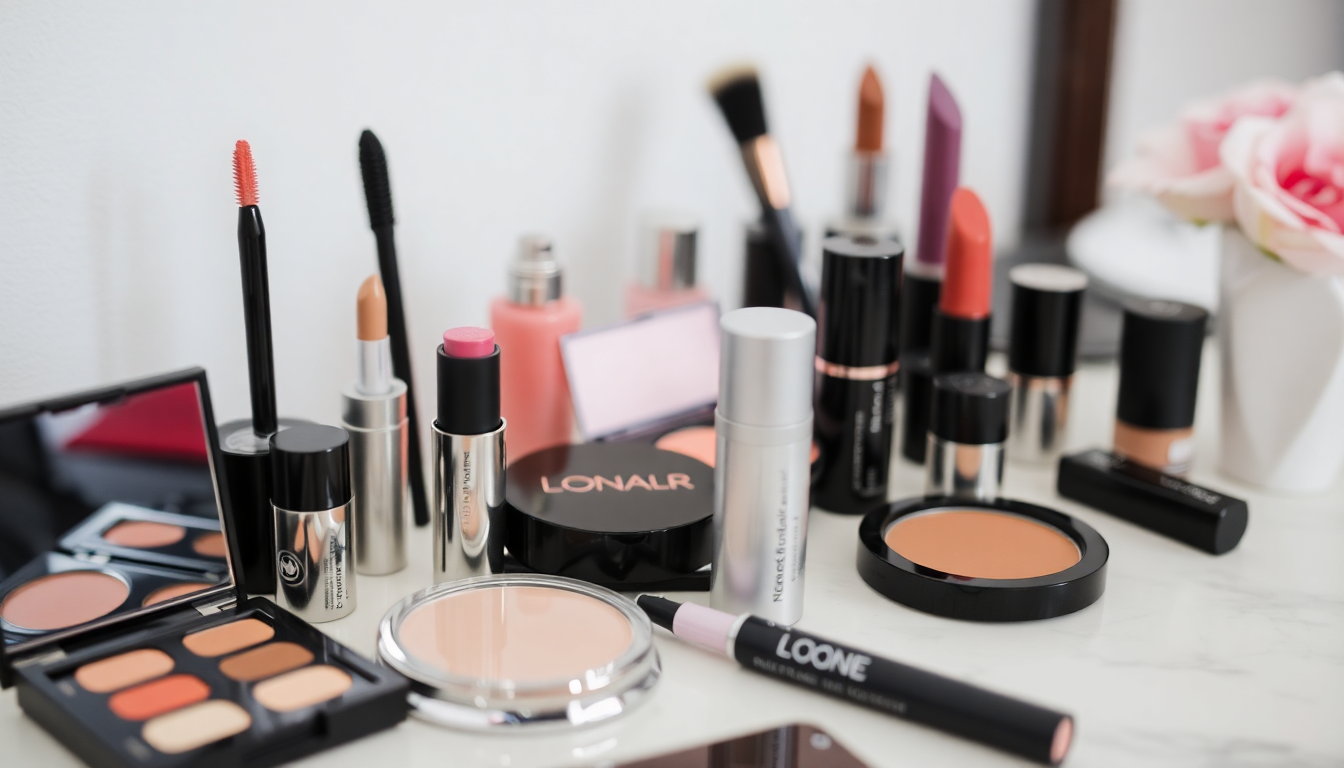
Navigating the New Zealand Makeup Business: Essential Insights on Private Label Cosmetics, Import Regulations, and Effective Marketing Strategies for 2025
Introduction
Starting a makeup business in New Zealand presents a unique set of opportunities and challenges in 2025. With the rise of private label cosmetics, understanding import regulations, and employing effective marketing strategies, entrepreneurs can create a successful brand that resonates with consumers. This article provides essential insights into the New Zealand makeup business landscape.
Understanding Private Label Cosmetics
Private label cosmetics offer a lucrative opportunity for new businesses looking to enter the makeup industry. These products are manufactured by one company and sold under another brand's label, allowing for flexibility in branding and marketing. Here are key considerations:
- Quality Control: Ensure that the manufacturer adheres to high-quality standards. Conduct thorough research on potential suppliers and request samples to evaluate the product quality.
- Customization: Look for manufacturers that allow customization of formulations and packaging. This can help your brand stand out in a crowded marketplace.
- Brand Identity: Develop a strong brand identity that resonates with your target audience. This includes creating a compelling brand story, logo, and overall aesthetic that aligns with your products.
- Market Research: Conduct market research to understand current trends and consumer preferences. This can inform your product offerings and help identify gaps in the market.
Import Regulations for Cosmetics in New Zealand
Importing cosmetics into New Zealand requires adherence to specific regulations designed to ensure consumer safety. Here are essential points to consider:
- Compliance with NZ Regulations: Ensure all products meet the New Zealand Cosmetic Products Group Standard, which outlines safety and labeling requirements.
- Labeling Requirements: Labels must include ingredient lists, usage instructions, and any warnings. Be aware of requirements for allergen labeling and claims that cannot be made.
- Documentation: Prepare necessary documentation, including import permits and safety data sheets. Familiarize yourself with the Customs and Biosecurity requirements to prevent delays at the border.
- Testing and Certification: Depending on your product formulation, you may need to conduct stability testing or obtain certifications to demonstrate compliance with safety standards.
Setting Up Your Makeup Online Store
In today’s digital age, having an online presence is crucial for any new business. Here are steps to establish your online store effectively:
- Choose an E-commerce Platform: Popular options include Shopify, WooCommerce, and BigCommerce. Evaluate each platform based on your budget, ease of use, and available features.
- Design Your Website: Create a user-friendly and visually appealing website that reflects your brand. Invest in professional design to enhance user experience and retain customers.
- Product Listings: Include high-quality images and detailed descriptions for each product. Use SEO-friendly descriptions to improve visibility on search engines.
- Payment Solutions: Integrate secure payment options such as credit cards, PayPal, and Afterpay to cater to a wider audience.
- Mobile Optimization: Ensure your site is mobile-friendly, as many customers shop via their smartphones. A responsive design can improve user experience and conversion rates.
Effective Marketing Strategies for Your Makeup Brand
Marketing is vital for brand recognition and sales. Here are some effective strategies that can help you build your brand in the competitive makeup market:
- Social Media Marketing: Utilize platforms like Instagram and TikTok to showcase your products and engage with customers. Create visually appealing content, tutorials, and behind-the-scenes videos to connect with your audience.
- Influencer Collaborations: Partner with beauty influencers to reach a wider audience. Choose influencers whose values align with your brand and who have a genuine connection with their followers.
- Email Marketing: Build an email list to inform customers about new products, promotions, and exclusive content. Use personalized email campaigns to enhance customer engagement.
- Content Marketing: Start a blog on your website to share beauty tips, product tutorials, and industry insights. This can drive organic traffic to your site and establish your brand as an authority in the makeup industry.
- SEO Strategy: Implement an effective SEO strategy to improve your website’s ranking on search engines. Use relevant keywords, optimize meta tags, and ensure fast loading times to enhance visibility.
- Promotions and Discounts: Offer limited-time promotions or discounts to attract new customers. Consider bundle deals or loyalty programs to encourage repeat purchases.
The Importance of Networking and Community Engagement
Building a network in the beauty industry can provide invaluable support and opportunities. Here are ways to engage with the community:
- Join Industry Associations: Become a member of beauty industry associations in New Zealand. These organizations often provide resources, networking events, and industry insights.
- Attend Trade Shows and Events: Participate in beauty trade shows to connect with suppliers, retailers, and potential customers. This can help you stay updated on industry trends and innovations.
- Collaborate with Local Businesses: Partner with local salons, beauty schools, or boutiques to promote your products. Cross-promotions can expand your reach and introduce your brand to new audiences.
Conclusion
Launching a makeup business in New Zealand in 2025 requires a clear understanding of private label cosmetics, compliance with import regulations, and effective marketing strategies. By navigating these elements wisely and engaging with the community, entrepreneurs can successfully establish a thriving makeup brand that meets the demands of the market. With dedication and the right approach, your makeup business can flourish in the vibrant New Zealand beauty industry.




